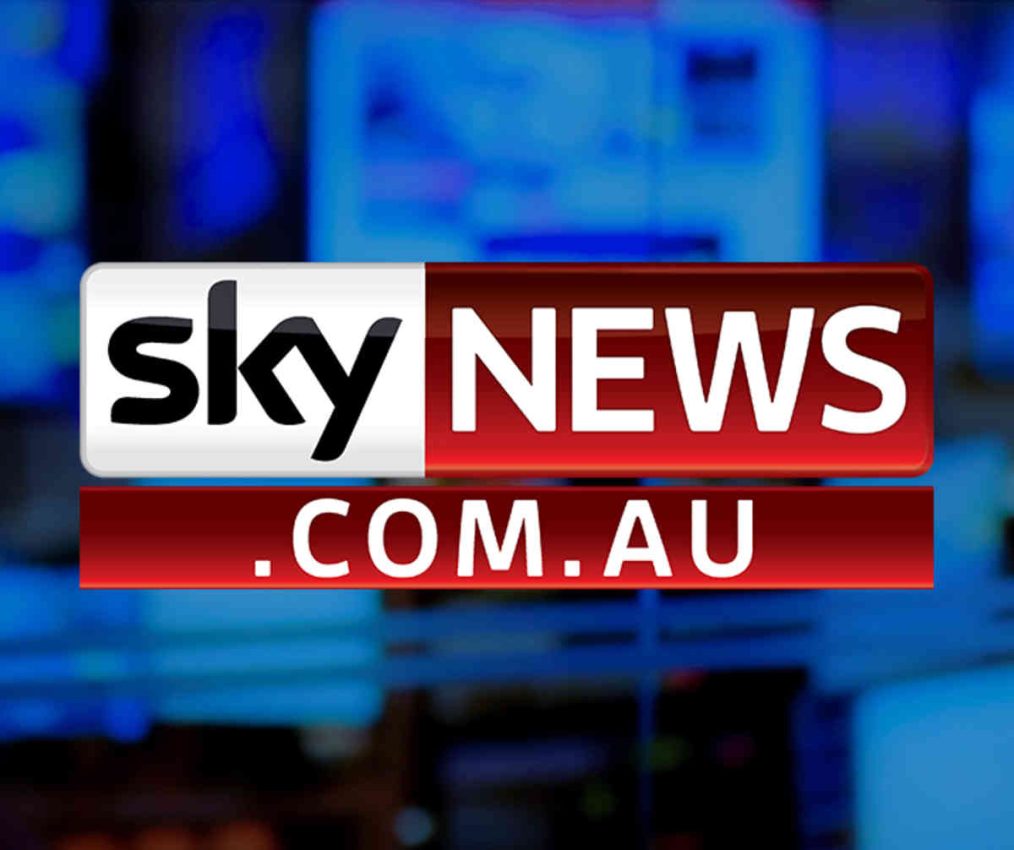ED: This article was sent to me by Ernie Chamberlain it included a photo of the Hurrican Magazine cover, unfortunately, I was unable to copy it into the article.
During the Vietnam War, the 1st Australian Task Force (1 ATF) was under the operational control of a US “corps headquarters” located at Long Bình, Biên Hòa Province – ie II Field Force Vietnam (II FFV – “Two Field Force Victor”).
II FFV was founded on 15 March 1966 and “de-activated” on 21 May 1971 – when it was replaced by the Third Regional Assistance Command (TRAC). II FFV’s area of responsibility was III Corps Tactical Zone (CTZ) – later renamed Military Region 3. The formation insignias of II FFV’s major formations – including 1 ATF and the Royal Thai Armed Forces, are shown on the map below. Within South Vietnam, III CTZ had an “area of responsibility” encompassing 11 provinces and covering an area of 25,900 square kilometres – with 372 kilometres of border with Cambodia and 220 kilometres of coast-line on the South China Sea.
HQ II FFV produced a “glossy” monthly colour magazine – “The Hurricane” (see the cover of the November 1967 edition above) – of from 15 to 45 pages, comprising articles principally highlighting pacification and development issues, profiles of Free World and South Vietnamese military formation and units, and provinces in III CTZ/Military Region 3. The Hurricane also occasionally included items on the Australian and New Zealand forces.
In northern and central South Vietnam, the US I FFV (activated on 1 August 1965) also produced a similar magazine – “The Typhoon”; and US Army Vietnam (USARV) in Saigon produced a larger quarterly magazine – “Tour 365 – For soldiers going home” – ie a potted history of the War of about 60 pages.
The II FFV’s Hurricane edition of May 1970 included a “Companion’s Guide to Phuoc Tuy” – see the following extract:
“A few years ago, if you wanted to drive from Saigon to Vung Tau, you always left a last letter to your loved one and one with a friend back in Saigon. Today, though, national highway QL-15 boasts a steady traffic between Saigon and Vung Tau, and – on weekends, the great race down QL-15 makes you long for the calm of the Los Angeles freeway during rush hour. A large part of your trip will take you through Phuoc Tuy Province which lies southeast of Saigon. If you had driven through Phuoc Tuy Province in 1962, a return journey in 1970 would show notable changes in the countryside and the attitudes of the people. Mr Martin Christie, the Province Senior Advisor (a former WWII US Marine Corps captain and POW – Corregidor), explained it this way: ‘The people of this province are traditionally anti- government. In the old traditional society, the villages were highly autonomous and paid only lip services, and taxes to the Vietnamese emperor. When the emperor’s tax collectors made their annual visits to the villages, many times they were stopped at the gates. The people would pay their taxes, but they wouldn’t allow the emperor’s representatives to enter the village. This is the kind of atmosphere we’re working in today,’ Mr. Christie continued. ‘When the French came in, they ‘dehorned’ the village officials and introduced district and province chiefs in attempts to centralize the government. And during the Indo-China War, a great many of the people in the province were Viet-Minh. And even today, the Viet-Cong are preaching anti-central government. Phuoc Tuy is a very difficult place to work pacification.’ But, he added, ‘pacification is beginning to work here, partially because of the security provided by the Australian Task Force, and their Civic Action unit, which entirely specializes in development and pacification. The Vietnamese are beginning to get more confidence in central government.’ The most impressive piece of evidence to support Mr. Christie’s observations can be found in the capital of the province, Phuoc Le, or as it is more often referred to, Baria. Several years ago, the market place in Baria occupied a space in the centre of town no larger than a tennis court. Then, the village government borrowed five million piastres from the GVN for construction of the main building in the new market place, which is located on the outskirts of town on QL-15.”
Other Hurricane magazine articles noted covering the Australians included – in chronological order:
“The Australian Surgical Team”, Volume 1, No. 5 March 1968. .
“A Village is Born – Ap Suoi Nghe, Volume 1, No. 9, July 1968.
“Phuoc Tuy”, Volume 1, No.15, January 1969. “An unprosperous and unpeaceful land with potential”).
“1st Australian Task Force: Aussies make it hot for Charlie in Phuoc Tuy.”, No.16, February
1969, pp.8-11.
“The Kiwis – New Zealand Sparks 1st Australian Task Force, Volume 1, No. 21, July 1969 – that included: “New Zealand troops have a traditional rivalry with their Aussie counterparts – like Texans with New Englanders.” ”
“Integrated Civic Action Program (ICAP)”, Volume 1, No. 28, February 1970.
“A Companion’s Guide to Phuoc Tuy” – Volume 1, No. 31, May 1970 (ie noted above); and
“Aussie Civic Action”, Volume 1, No. 33, July 1970.
Typhoon: II FFV’s northern “companion” Corps in central/northern South Vietnam was I FFV (headquartered in Nha Trang and responsible for the 12 provinces of II CTZ). It also produced a magazine similar to II FFV’s “The Hurricane” – and was titled “Typhoon”.
Its June 1970 edition included an article on 1 ATF titled: “Diggers in Phuoc Tuy Province are Getting the Bloody Job Done” – subtitled: “Diggers fight the nogs”. Focusing on 8RAR, it was perhaps among the best of the US articles on the Australian forces in Vietnam – despite its pejorative sub-title of “Diggers fight the nogs” (“Nogs” being the popular Digger- argot/sobriquet of that time).
During the War, Sydney was cited in US magazines as “a modern cosmopolitan city of friendly English-speaking Australians with whom Americans have always felt a special kinship.” … “Almost 300,000 Americans and 18,000 Australians spent their R&R in Sydney, and the scheme contributed $80 million to Australia’s economy (source: ANZAC portal – DVA). In Vietnam, US formation and unit magazines regularly had articles lauding the R&R attractions of Sydney – including koalas, kangaroos, the harbour and beaches, Kings Cross – and “friendly sheilas”.
In a 28 January 2024 article to Ray Payne’s FRONTLINE Edition No. 102, I noted a US newspaper’s February 1972 press article titled: “Jade Warriors: Aussies leaving but the legend stays”- that included: “The friendly nasal ‘ow yer goin mite’ is rarely heard in Vietnam these days as the handful of Aussies left behind hurriedly pack the last of their paraphernalia they used to exert their way and will in Phuoc Tuy Province southeast of Saigon. The dark green jungle the Aussies called ‘the jade’ is reclaiming the piece of and that was their home.” The US journalist apparently “mis-heard” Australian soldiers – i.e. thinking their reference to the “dark green jungle”- as “the J“, was “the Jade“!
Other comments on the Australian military involvement are also interesting e.g .: the Australians were unlikely to leave a “permanent mark” despite their “victories”. Australians “paid their way” and their image was not “tainted” – unlike other non-US Free World Forces. Vietnamese bar girls taunted Australian soldiers as “cheap charlies” because of their “thriftiness”; and “the Aussies were untouched by the US drug sub-culture … the potent Australian beer was a substitute used by many.”
Complimentary copies of the “Jade Warriors” article – and on-line references to The Hurricane and The Typhoon magazines etc are available from Ernie Chamberlain – ernestchris@tpg.com.au










